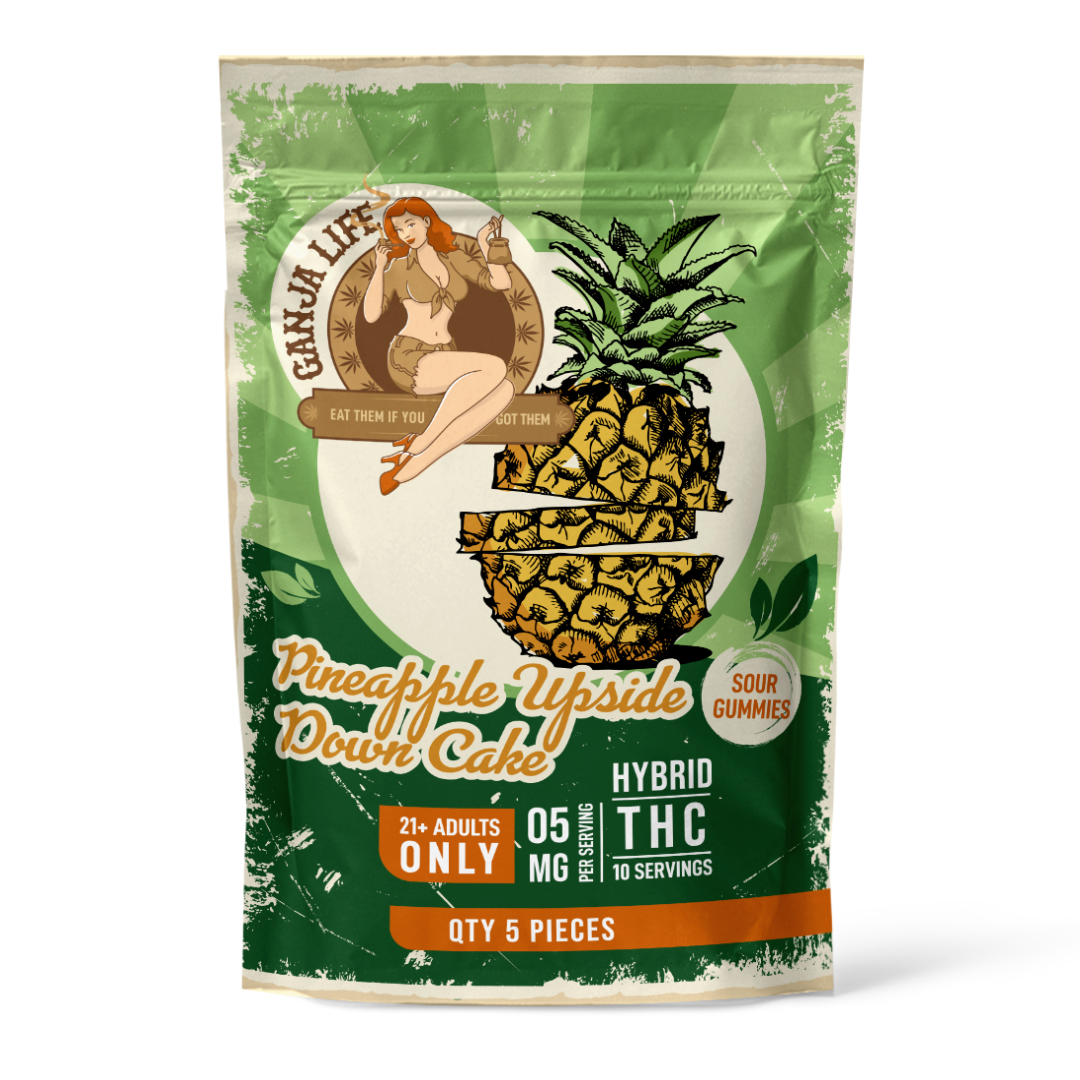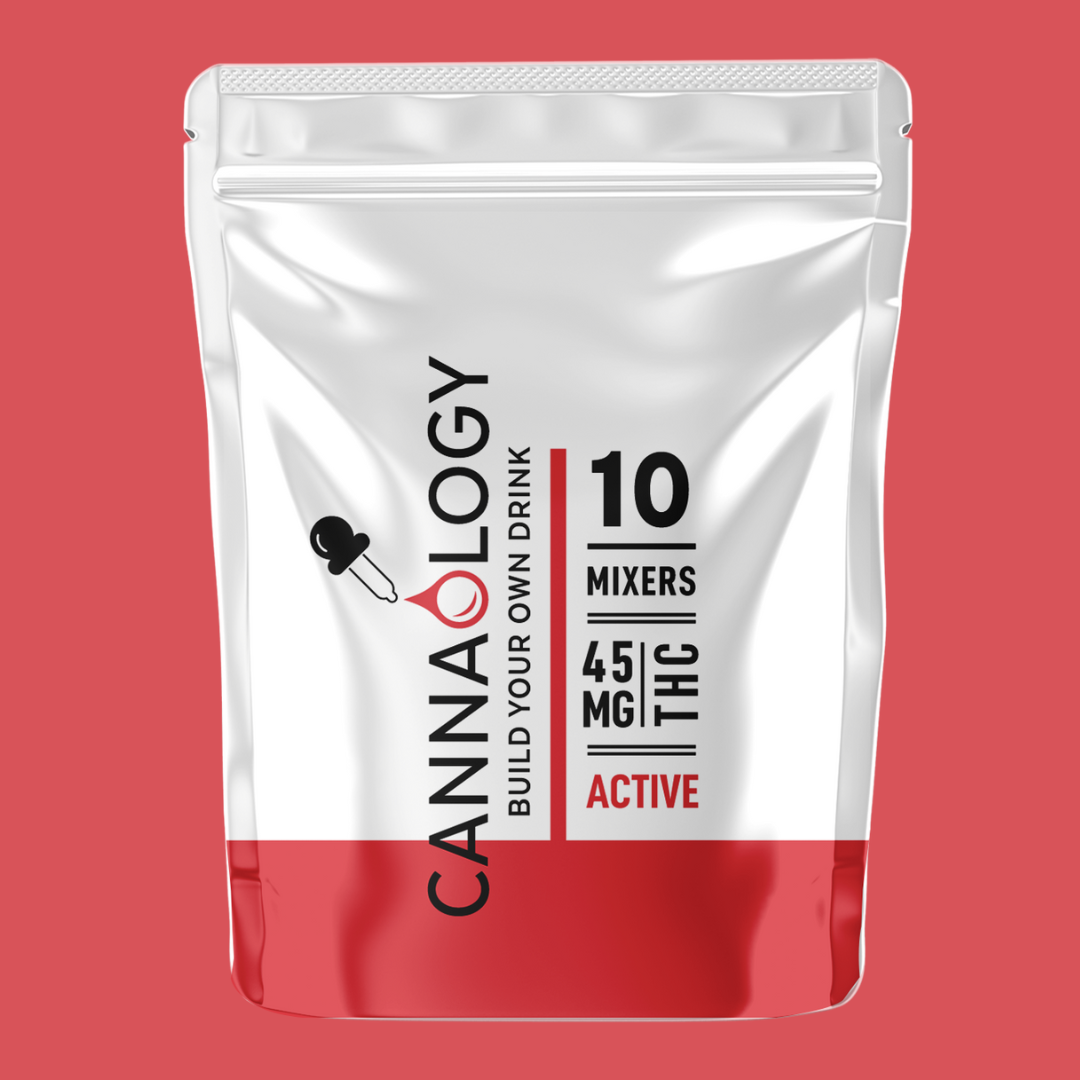This most recent marijuana reform ballot measure has raised over $40 million since the beginning of the election cycle.

This November, voters in Florida will be given yet another opportunity to use their collective electoral power to potentially legalize adult-use cannabis in one of America's largest state economies.
While previous attempts have fallen short due to technical legal issues or a lack of votes, this fifth try, launched by the "Smart & Safe Florida" political committee, could prove to be the best chance for cannabis legalization proponents to finally establish a legal recreational market in the Sunshine State.
If the proposed ballot reform measure passes with the required 60% supermajority needed to ratify such initiatives, Florida would become the 16th state/territory to legalize adult-use cannabis via the ballot box.
Not surprisingly, much of the optimism surrounding the highly polarizing ballot initiative stems from the massive amount of money contributed to the effort, particularly by large multi-state operators (MSO).
As first reported by Marijuana Moment, the Smart and Safe Florida political committee has set a new fundraising record for ballot initiatives in America. According to the committee's June 10 campaign filings data, the group has raised over $40 million, with a full five months before the election.
As a result, the committee now holds the distinction of raising more money than any other marijuana-related ballot measure in a single election cycle and is the most-funded measure of 2024. The previous record was held by California's Proposition 64, which was supported by eight separate committees raising a combined $36.7 million during the 2016 election cycle.
The most significant contributor, by far, to the Florida campaign is Trulieve, an MSO with 200 locations nationwide, 137 of which are in Florida. The company's March donation of $8.25 million also broke a record for the largest single donation to a cannabis reform ballot measure. Likewise, the organization's total contribution of over $34 million is nearly five times larger than the next largest cumulative donation in U.S. history.
Even more staggering is that Trulieve also spent an additional $20 million towards the campaign before the reporting dates of this election cycle, making its total spend on the measure over $54 million (85% of the total funding for the committee).
One reason for the intense spending by MSOs like Trulieve is the reduced risk associated with financially backing an issue over a specific candidate. Jeanne Hanna, director of research at the Center for Political Accountability, believes cannabis companies may be donating these significant sums to the Smart and Final Florida campaign instead of other political spending because of the potential pitfalls associated with using those funds on individuals with other unwanted political baggage.
"It's not a terribly common type in the grand scope of corporations getting involved in politics with their money. But when they do attract money, they tend to attract a lot. I think it's an area in which companies may think there aren't extensive negative consequences because they're not supporting a candidate who may support a wide variety of issues," Hanna said regarding ballot measure spending.
"It's not a terribly common type in the grand scope of corporations getting involved in politics with their money. But when they do attract money, they tend to attract a lot. I think it's an area in which companies may think there aren't extensive negative consequences because they're not supporting a candidate who may support a wide variety of issues."
- Jeanne Hanna, Director of Research at the Center for Political Accountability
However, for other industry analysts, the rampant spending by MSOs on legalization efforts makes little to no economic sense. Robin Goldstein, director of the Cannabis Economics Group at UC Davis, says it is difficult to understand the reasoning behind such an investment when recreational retailers have struggled to turn a profit in legally regulated states.
"I think a lot of investors or analysts will tell you that there's so much money to be made, 'it's the green rush.' A lot of them are not being realistic. The more you have the legal market opening up, the more competition you have and also the more technology, scale, and efficiency goes into production, and people are able to produce it more and more cheaply," Goldstein said.
"I think a lot of investors or analysts will tell you that there's so much money to be made, 'it's the green rush.' A lot of them are not being realistic. The more you have the legal market opening up, the more competition you have and also the more technology, scale, and efficiency goes into production, and people are able to produce it more and more cheaply."
- Robin Goldstein, Director of the Cannabis Economics Group at UC Davis
For many critics of the ballot initiative, the measure's unique language is why companies like Trulieve are banking so heavily on this particular legalization attempt. According to the proposal's details, existing medical marijuana dispensaries in the state (Trulieve is the largest) would be given a significant head start on aspiring newcomers hoping to open recreational-first dispensaries.
The measure's wording would enable existing medical marijuana treatment centers (MMTC) to "acquire, cultivate, process, manufacture, sell, and distribute such products and accessories" related to marijuana recreationally without needing to be granted a new license.
If voters approve, the measure will permanently amend the Florida Constitution, allowing businesses like Trulieve to establish a substantial competitive advantage over other prospective retailers in a state expected to generate billions of dollars in legal recreational cannabis sales revenue.
However, staunch opposition to the ballot initiative exists, most notably from Florida Governor Ron Desantis (R), who recently vetoed a restrictive hemp bill in hopes of garnering political and financial support from that battered and bruised industry against the legalization effort by Smart & Final Florida.
Likewise, there are numerous conflicting polls on the issue, with some, like the recent Fox News survey, showing that 66% of Florida voters support the ballot measure. In contrast, others demonstrate a much closer race.
Regardless of which side wins, the issue of adult-use marijuana legalization in Florida could have lasting effects in the state and nationwide. If Florida joins the ranks of those states with legal and regulated recreational cannabis markets, the pressure on congressional lawmakers to finally end the prohibition of marijuana at the federal level would ratchet up considerably.
A win would also have potentially catastrophic effects for Desantis, who may have hitched his wagon to a losing horse. However, if voters reject the ballot measure, the fallout could be equally horrendous for hemp industry stakeholders, many of whom reluctantly joined Desantis' crusade against the initiative as payback for his veto of the hemp bill.
That shortsighted and antagonistic approach to its sister cannabis market sector could end up creating a permanent rift in the already fractious and contentious marijuana v. hemp relationship. The following five months could ultimately decide the long-term fate of both industries. Get out and vote!


































